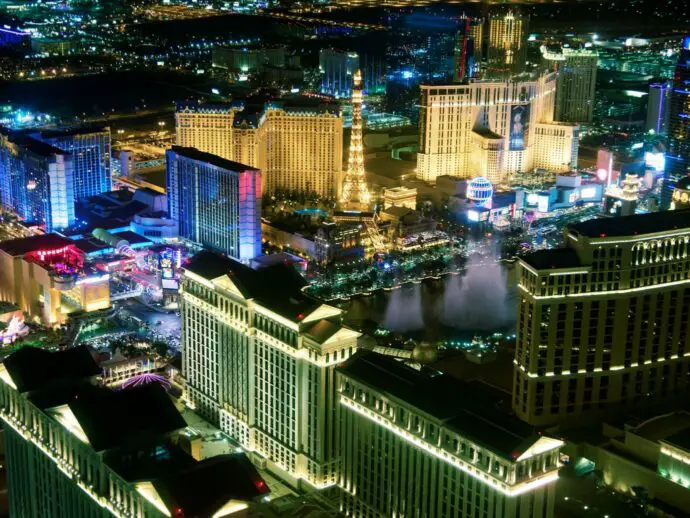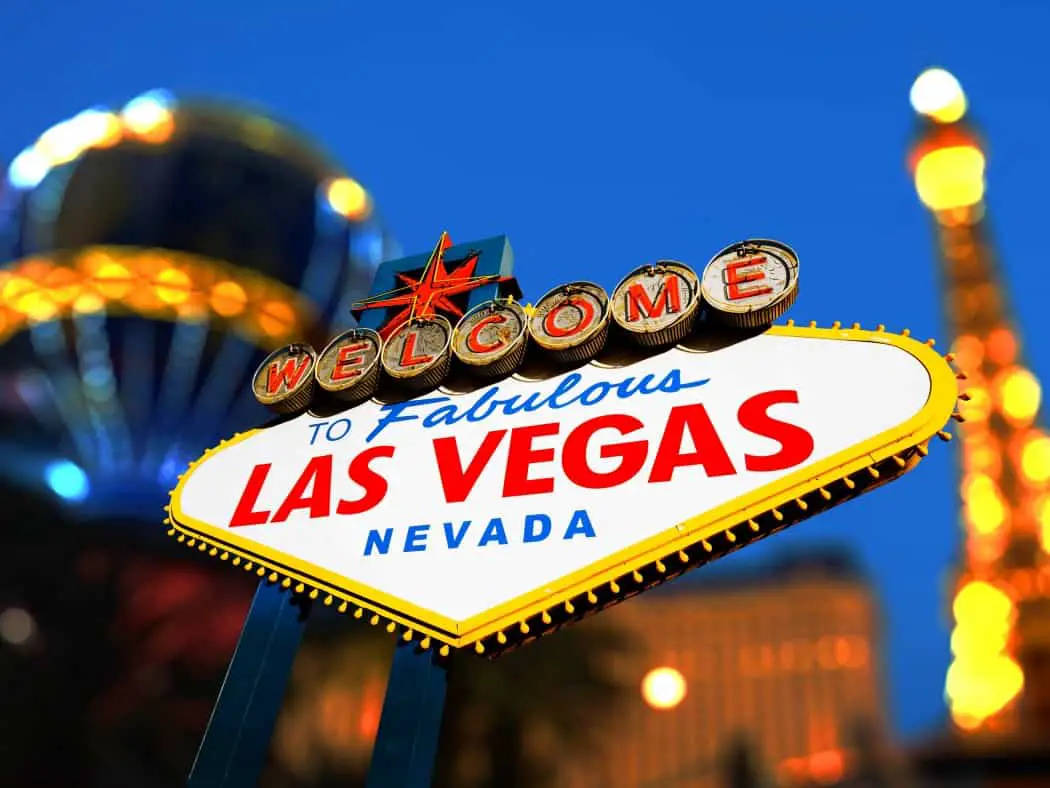Las Vegas, long hailed as the capital of fun and games, gambling, and nightlife, is displaying signs of a potential decline in pace. The June 2025 tourism statistics showed a decline of nearly 400,000 tourists in June 2025 compared to June 2024. In a city that thrives on the feet of its people, the decline is causing alarm bells to ring among casino operators, hoteliers, and event organizers. This decline is not yet disastrous, but industry analysts suspect that it might be a precursor of bigger problems in the future.
For travellers interested in the complexities of the gaming and hospitality business in the city, a site such as askgamblers.com offers insight into the evolving relationship between tourists and the entertainment capital of the world.
The Economic Ripple Effect
Las Vegas tourism does not only involve occupancy of hotel rooms. The city’s economy has been a well-balanced ecosystem, where the money spent by every visitor trickles down to casinos, restaurants, shows, and retail stores. This is because when foot traffic is slow, the effects are experienced on all fronts. The casino’s income declines, resort charges are more difficult to justify, and smaller enterprises operating in the tourism industry face diminished demand.
Given that the average visitor spends hundreds to thousands of dollars during a visit, even a slight reduction in the number of visitors can result in millions of dollars in lost revenue. The impact of these losses can be compounding and affect everything, such as the employment rates and the capacity of the city in funding significant events.

Causes of the Decline
The causes of the decline are multiple and complicated. Global travel trends have changed due to shifting visa policies and tense geopolitical relations. Certain nations that used to export huge volumes of tourists to Las Vegas are experiencing declining outbound tourism as a result of domestic economic strains.
At home, the increase in airfare, hotel and event ticket prices has encouraged many prospective tourists to rethink their travel decisions. As other entertainment destinations expand in such cities as Miami, Nashville and Austin, the pressure to win the leisure travel dollar has increased. This has diluted the domination of Las Vegas in the entertainment tourism market that it previously enjoyed.
The High Stakes of Global Perception
Las Vegas has never been a place without an international brand. The brightly lit Strip with its themed resorts and celebrity shows is known all over the world. World opinion is not always so strong. The fear of safety, cost and worth of money may be more dominant factors in travel decision making than the attractiveness of a weekend destination.
In the era of social media, which significantly influences the formation of social opinion, even several negative patterns, such as stories about exaggerated prices, overcrowding, or a lack of impressions, may become snowballs leading to reputation problems. It is imperative to counter these perceptions as quickly as possible in order to keep the city in the must-visit destination status.
Shifting Demographics and Spending Habits
The second shift that has also affected the numbers is the transformation of the visitor profile. Younger customers, particularly those of Generation Z, tend to value experiences more than the traditional form of gambling. Casinos remain an attraction, but they are no longer as universally appealing as they were decades ago. Instead, they want personalized experiences in terms of dining, art installations, and live experiences that cater to their interests.
The trend necessitates Las Vegas to change its offerings constantly. The city has already made big investments in non-gaming attractions, including upscale malls, concert residencies, and major sports events. Nevertheless, the task of converting such attractions into sustained increases in visitors is not easy, and particularly during economically turbulent times.

Market Volatility and Event Reliance
Over the past few years, Las Vegas has relied on marquee events, such as major boxing matches, music festivals, and conventions, to drive tourist spikes. Although this approach may generate a spectacular short-term result, it makes the city vulnerable to volatility. Sluggish events calendar, last minute cancellations or worldwide disturbances can soon create gaps which ordinary leisure travel might not be able to cover.
Also, tourism becomes more unpredictable when it is dependent on significant events. A city designed to operate most of the time must attract visitors all year round, not just during peak times. It will be essential to develop strategies to ensure that these peaks and valleys can be smoothed out, stabilising long-term revenue.
Plans to Turn the Tide
Already, the industry leaders are debating how to fight the decline. There is a need to increase both local and foreign marketing campaigns. The development of partnerships with airlines and travel companies to provide bundled packages can also make trips more affordable for price-sensitive travelers.
It will be essential to invest in new attractions, particularly those that appeal to younger and more diverse audiences. The idea is to provide visitors with compelling reasons to visit Las Vegas over other destinations, through the use of advanced entertainment technology, cultural experiences, or exclusive events.
What’s the Route Forward?
The recent figures are alarming, but Las Vegas has experienced recessions in the past. The history of the city is characterized by cycles of reinvention, adapting to the tastes of the time and the prevailing economic realities. Since the days when it was a desert gambling playground and even after it evolved into a world-leading entertainment hub, Las Vegas has consistently managed to remain relevant.
The next few months will test the city’s flexibility. If stakeholders can correct the factors that have led to the reduction, either by using pricing mechanisms, targeting a specific segment of the population through marketing, or by creating new attractions, Las Vegas can again be on the rise. The trick will be to be decisive before a short-term downturn morphs into a more long-term problem.
The threats of a decline in tourism in Vegas cannot be dismissed easily. The city’s economy is closely tied to its ability to attract and entertain millions of people annually. Although the causes of the decline are diverse, they are not impossible to overcome. Las Vegas can position itself to experience new growth by learning about evolving travel patterns, confronting the world’s perception, and remaining innovative. The lights of the Strip may go out, but as history demonstrates, they seldom stay out long.





